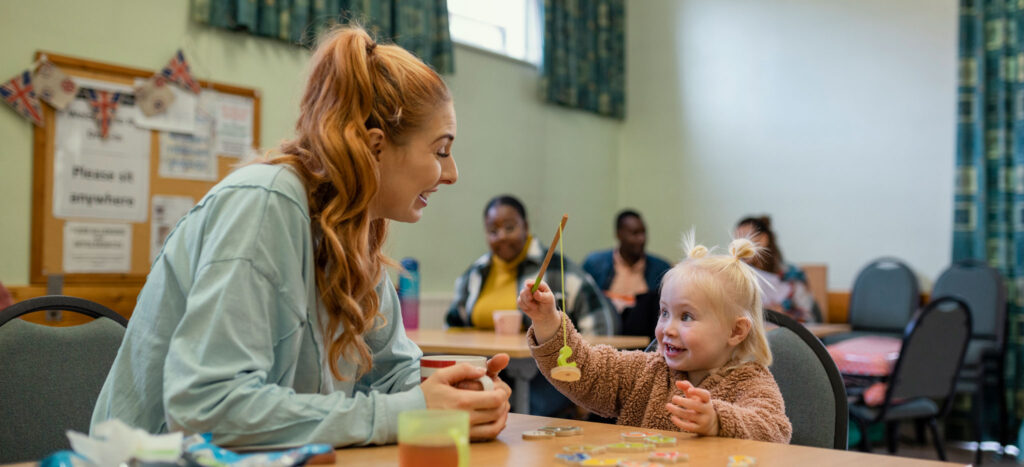
As we near the end of Social Work Month, it’s important to celebrate and reflect on a field that continues to impact thousands of lives every year.
Social work remains one of the fastest growing careers in the United States.
According to data collected by the U.S. Bureau of Labor Statistics, there were more than 728,000 social work jobs in 2022. The profession is expected to grow by seven percent and add 53,800 new jobs between 2022 and 2032.
Unfortunately, many areas of the United States are experiencing a scarcity of licensed social workers, with hundreds of open positions in some areas.
Our nation’s schools in particular face an ongoing shortage of social workers, psychologists, and counselors, a problem that was amplified by the pandemic.
“Not only do we have shortages, but we have attrition from the mental health field,” said Sharon Hoover, co-director of the National Center for School Mental Health. “So as demand is going up, supply is going down.”

Supporting those who support our nation’s most vulnerable people
Social workers support the disabled, children, single parents, the elderly, and people struggling with both mental and physical health challenges. They are a crucial part of the broader healthcare and human services industry.
Unfortunately, several years after a global pandemic, attrition in this field remains an ongoing challenge.
According to CaseWorthy, roughly 70,000 social workers are anticipated to leave the field each year, primarily due to burnout or occupational transfers to different industries. About a third of attrition is due to workers retiring or exiting the workforce for other reasons.
“It’s important to be mindful of self-care and how our job can impact us,” explained Mindy Van Kalsbeek, associate director of Distance Master of Social Work Programs at CSU. “And that’s not unique to social work. There are many ways we can engage in our professions with awareness of the impacts. It requires a high level of self-reflection and openness to receive feedback that can sometimes be hard to hear.”
Although social work has a reputation for being one of the most emotionally challenging careers, it’s also among the most gratifying.
“The emotional and psychological toll of being a social worker should not be underestimated,” said Tilly Baden, an adult social care manager. “The constant strain of firefighting with dwindling resources and a large caseload can be exhausting. However, it’s not all doom and gloom. I believe it is one of the most rewarding jobs you can do.”
For professionals looking to connect with peers, attending events like the National Association of Social Workers annual conference and National School Social Work Conference is an excellent way find a support network. Another great way to connect is by enrolling in a social work graduate program.

Opportunities for flexible continuing education
The faculty and staff at Colorado State University firmly believe that continued education remains one of the best paths to achieve a fulfilling career and more opportunities for advancement.
Graduate education prepares social workers to take on roles as managers, supervisors, administrators, policy analysts, and other positions with greater responsibility and potential for growth.
Recent graduates of CSU’s hybrid (online and in-person) Master of Social Work program appreciated the flexibility this program offered along with its focus on diversity, equity, inclusion, and social justice.

“One of my biggest motivators is the desire to better my community and create systemic change for the children, youth, and families of Colorado. I’m confident my degree will equip me with the knowledge and skills to better serve my community and create more positive outcomes.”
Chris French, MSW program graduate
CSU’s hybrid M.S.W. program offers a blend of independent online learning and in-person collaboration with peers during weekend classes. The advanced generalist model emphasizes the skills needed for interventions at multiple levels of practice, including individuals, families, groups, and communities.
“Another important aspect of CSU’s program is that there isn’t one set pathway or journey for students,” explained Mindy Van Kalsbeek. “This program was designed to help students gain clarity on the social work areas they may want to work in. We also help students discover unique skillsets and strengths that will help them throughout their career.”
To learn more about the program, visit online.colostate.edu.